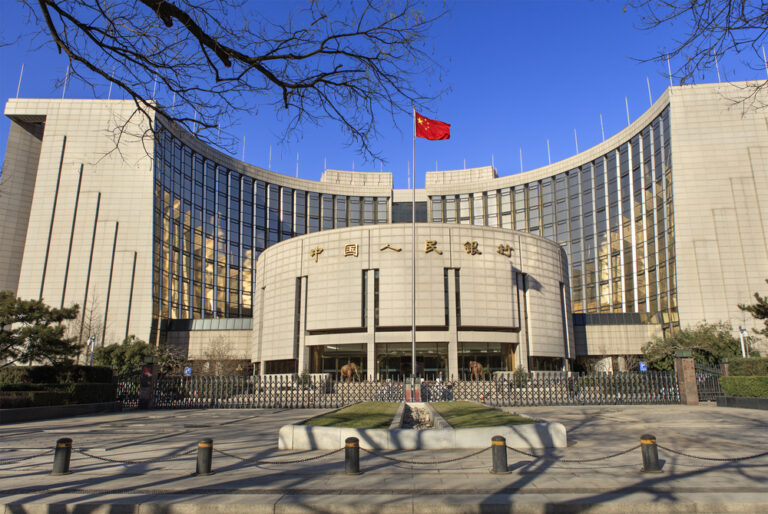Revisiting central bank independence for the climate era: insights from the People’s Bank of China

Downloads
Climate change has become a concern for central banks, at least rhetorically. Questioning whether the banks walk the talk, a proliferating research agenda covers their mandates, motives, expertise and independence.
This paper argues that it remains unappreciated that the only central bank with actual green monetary policies is not independent, namely the People’s Bank of China (PBoC). The authors explore the relation between independence and climate action through an in-depth, interview-based study of the PBoC, comparing it with the U.S. Federal Reserve, European Central Bank and Bank of England.
They find, first, that Western central banks indirectly promote financial institutions to consider climate issues, whereas the PBoC, most centrally, directly intervenes through monetary policy. Second, examining legal independence, mandates and government influence reveals independence constrains Western central banks, while non-independence forces the PBoC to act. From this, the authors discuss how the climate era requires revisiting central bank independence.
Key points for decision-makers
- While climate change has become reframed as a source of climate-related financial risk to economic stability, this concern has not been translated into the monetary policy of central banks, save for the People’s Bank of China (PBoC).
- PBoC is among the least independent of its peers, hence the independence of central banks in terms of acting on climate risk is important to study.
- The authors find that PBoC is the only central bank that conducts meaningful monetary policy that supports the green transition, such as through targeted green lending, green bonds in collateral frameworks, and differing interest rates on reserve requirements.
- In comparing independence dynamics, they find that the initiative for green action originates in higher government bodies, which directly command the PBoC to act, while the PBoC retains a high degree of operational independence when executing these policies.
- In contrast, legal independence, mandates and other restricted avenues of government influence restrict the green action of the other central banks studied.
- The insights from the PBoC suggest that central banks can address the climate crisis through a setup that embraces what the authors term ‘government directing with operational independence’. Future research on the topic thus likely needs to place greater emphasis on the case of PBoC and explore how non-independence might work across the world.

